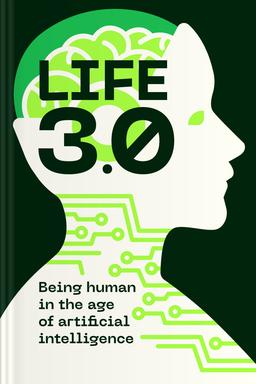Have you ever noticed how your mind reacts to stress — or how certain patterns seem to repeat themselves? Books about consciousness can help you make sense of what's happening inside your head. These titles explain how your awareness works, why you think the way you do, and what you can actually do about it. Think of them as maps for understanding the part of you that observes everything. Whether you're dealing with anxiety, searching for meaning, or curious about how your brain creates reality, these books give you practical insights.
Why books about consciousness matter for your daily life
When you're stuck in mental loops, feeling overwhelmed by thoughts, or wondering why you react specific ways, books about consciousness give answers that make sense. They break down complex ideas about awareness, perception, and the mind into concepts you can grasp.
Take 'Be Here Now' by Ram Dass. This book changed how millions of people understood their own awareness. It's not about complicated theories. It shows you how to stop living in your head and start experiencing the present moment. The book walks you through practical techniques that help you notice when you're lost in worry about tomorrow or regret about yesterday.
Or consider 'The Seat of the Soul' by Gary Zukav. This book explains how your emotions create your experiences. It helps you understand why you keep attracting the same situations or people into your life. Zukav connects your inner awareness to your outer reality in ways that make your patterns visible.
These books work because they address real problems. You can't focus at work because your mind wanders. You feel anxious but don't know why. Or you want deeper connections, but something holds you back. Books about consciousness help you see issues from a new angle and give you tools.
Books on consciousness and spirituality for inner peace
When stress keeps building and nothing seems to help, books on consciousness and spirituality offer a different path forward. They don't promise quick fixes. Instead, they teach you how to shift your relationship with your mind.
'Peace is Every Step' by Thich Nhat Hanh shows you how to find calm in ordinary moments — like washing dishes, walking to your car, and waiting in line. The book reveals how simple activities become meditation when you bring awareness to them. You stop waiting for life to get better and notice peace available now.
'Wherever You Go, There You Are' by Jon Kabat-Zinn takes mindfulness into your actual life. The book explains how consciousness isn't something mystical needing years of practice. It's your natural state when you stop trying so hard.
'No Self, No Problem' by Chris Niebauer brings science into the conversation. The book explores how your sense of self might cause most problems. When you understand consciousness from a neuroscience perspective, spirituality makes sense.
Books on consciousness and spirituality work together to help you understand both the mechanics and the meaning of awareness. With Headway, you explore these books in 15-minute summaries that fit your schedule. You don't need hours to understand your mind better.



